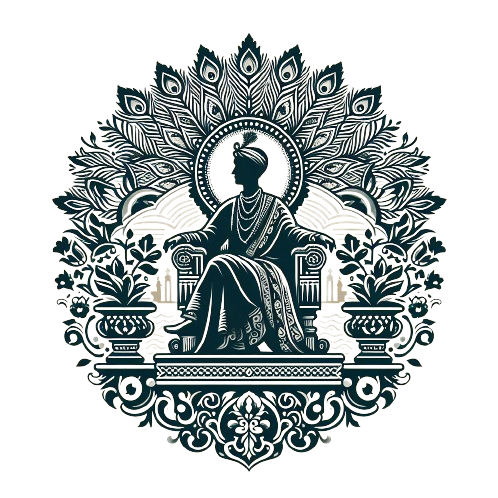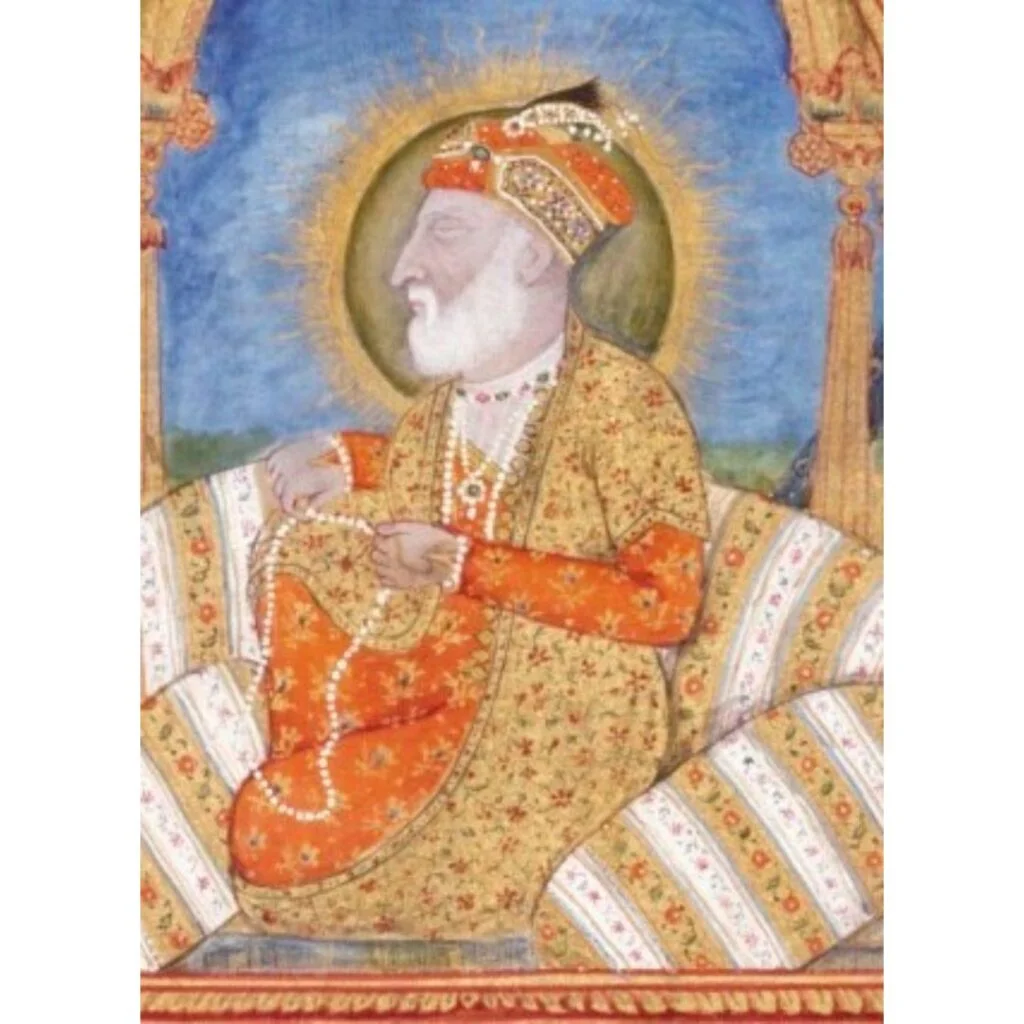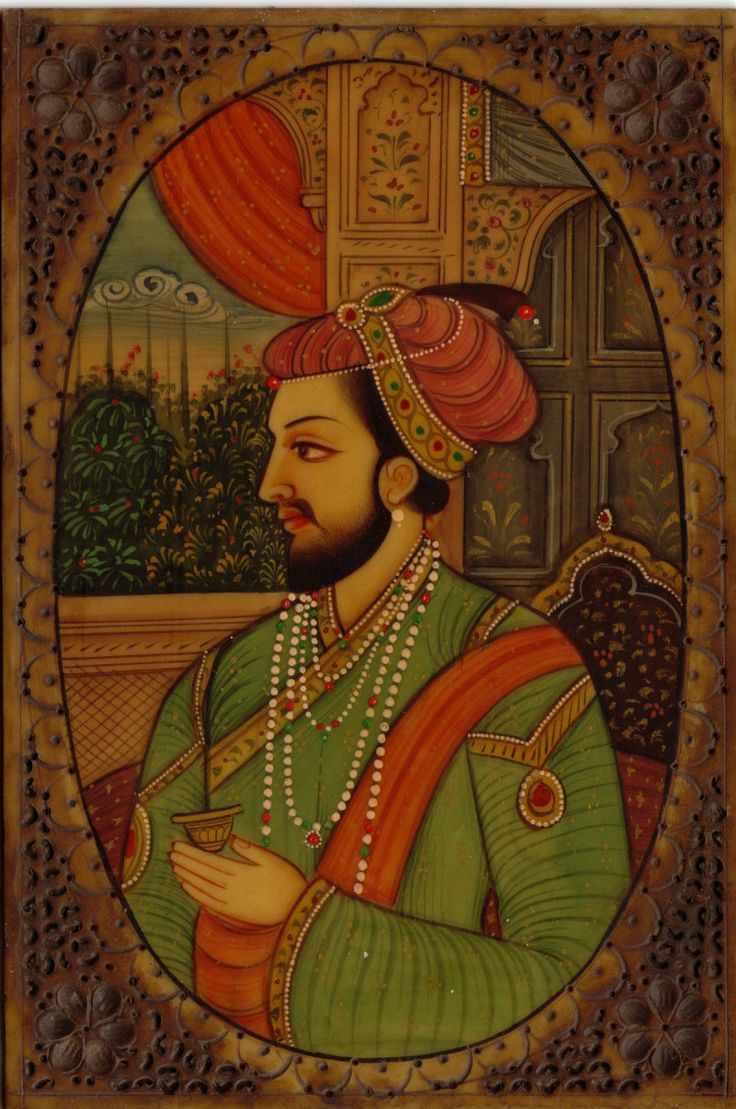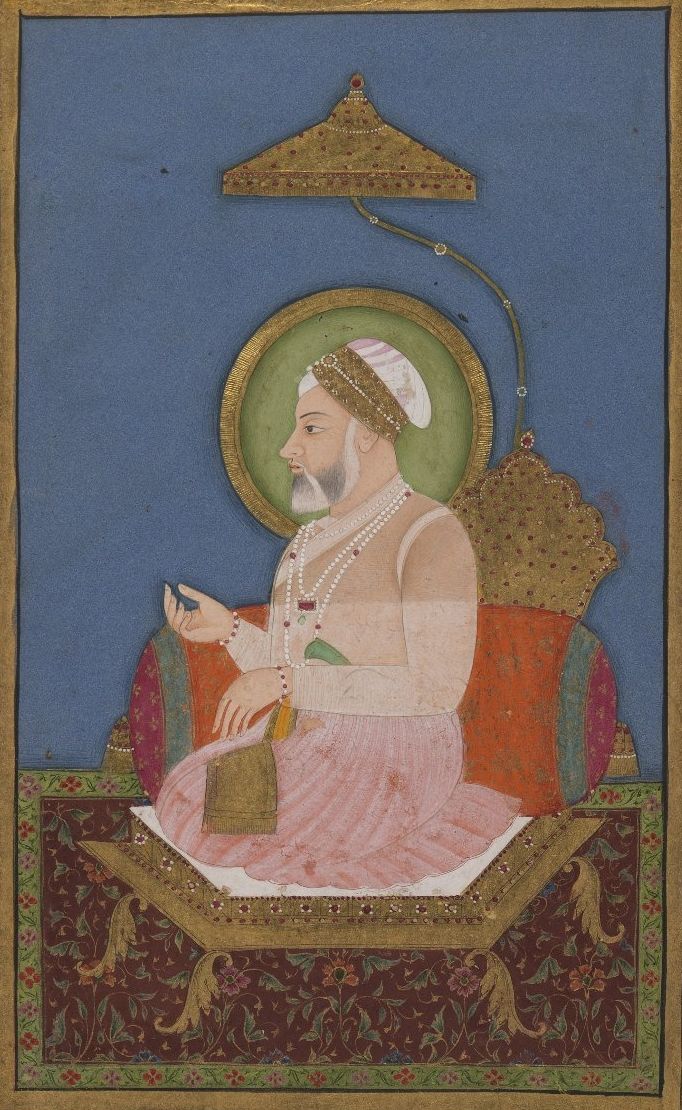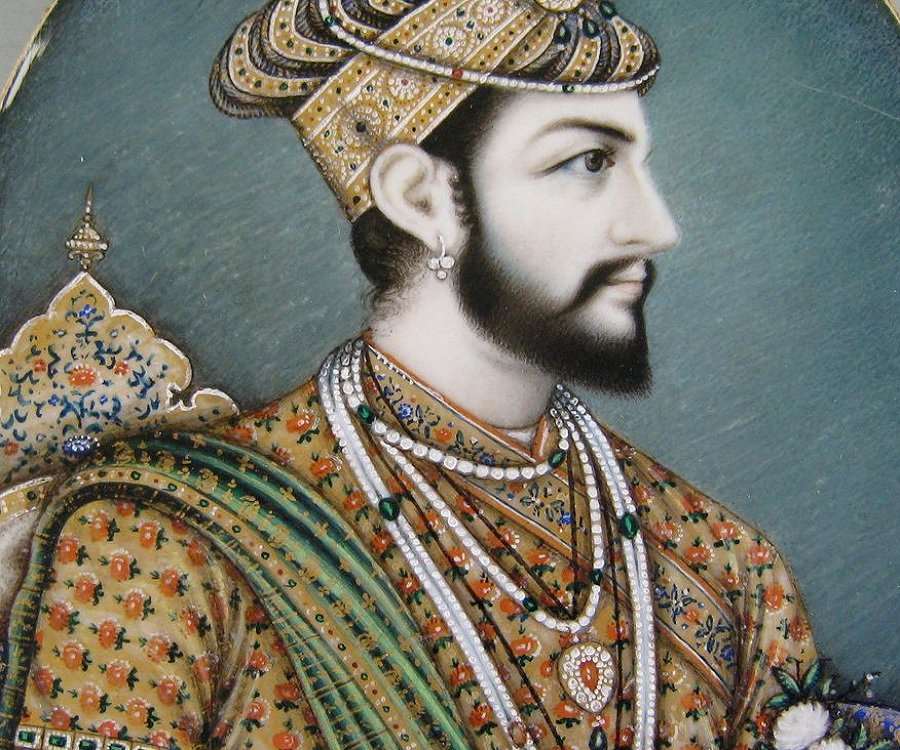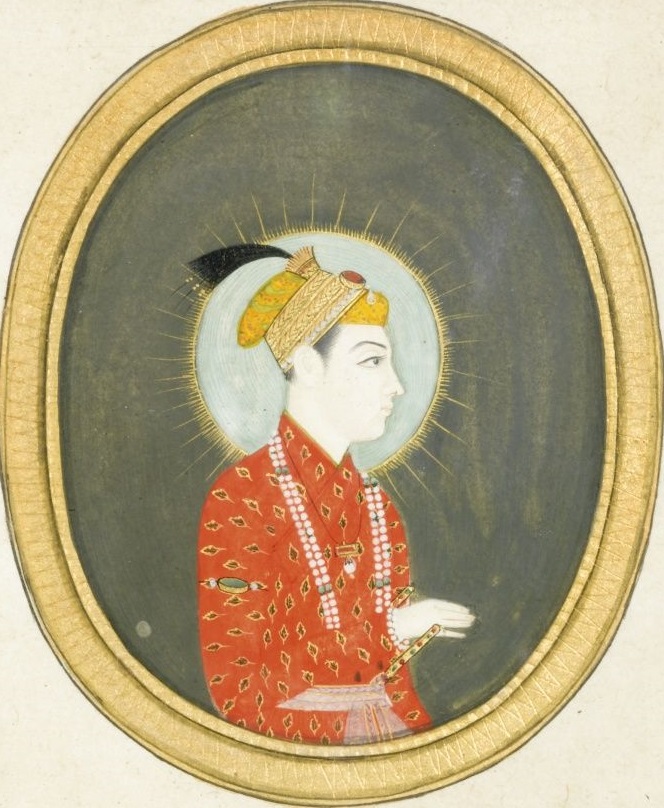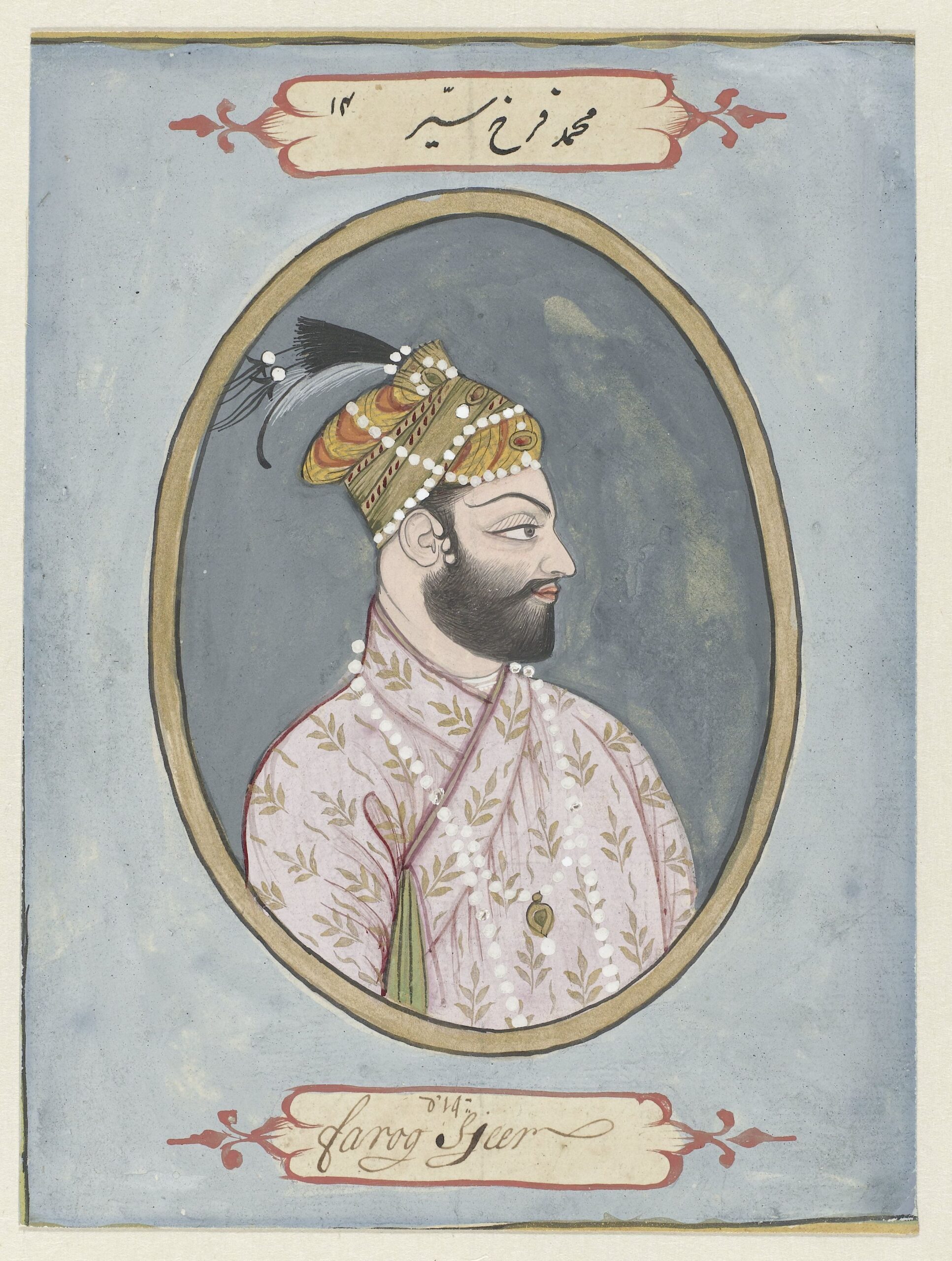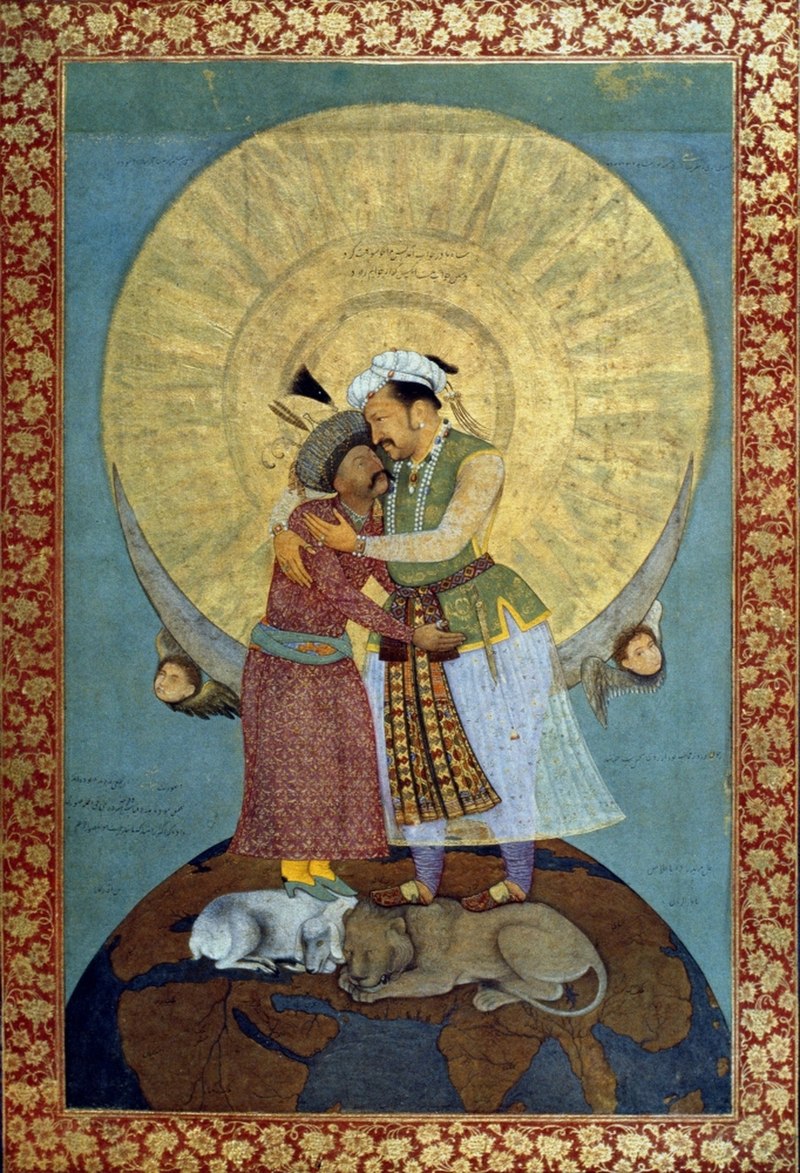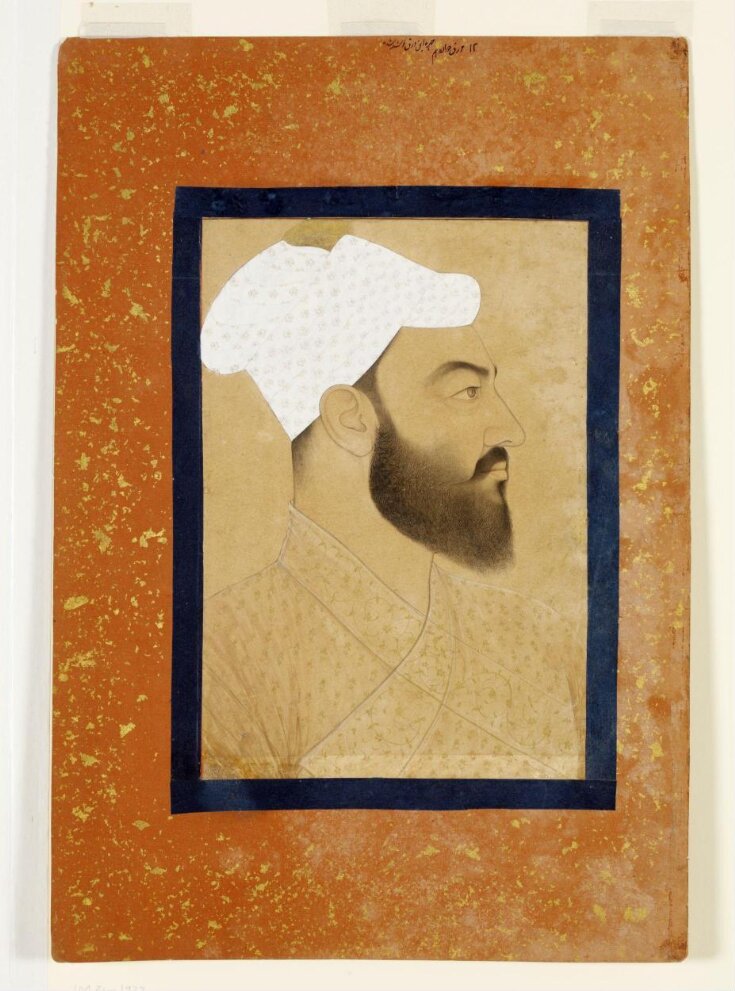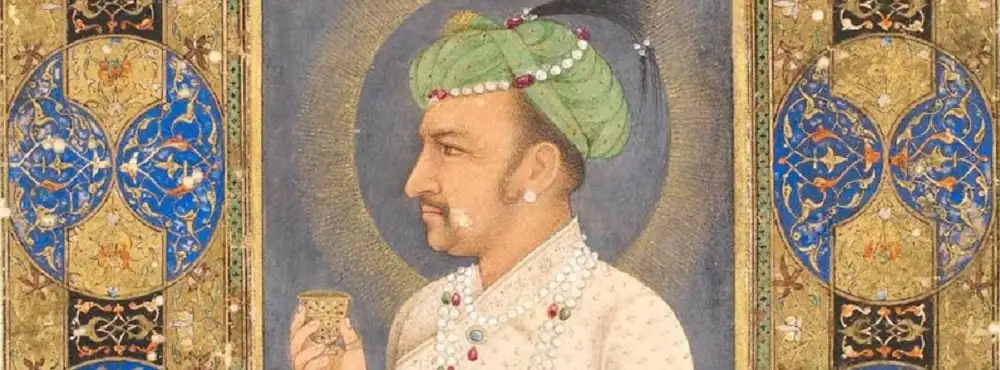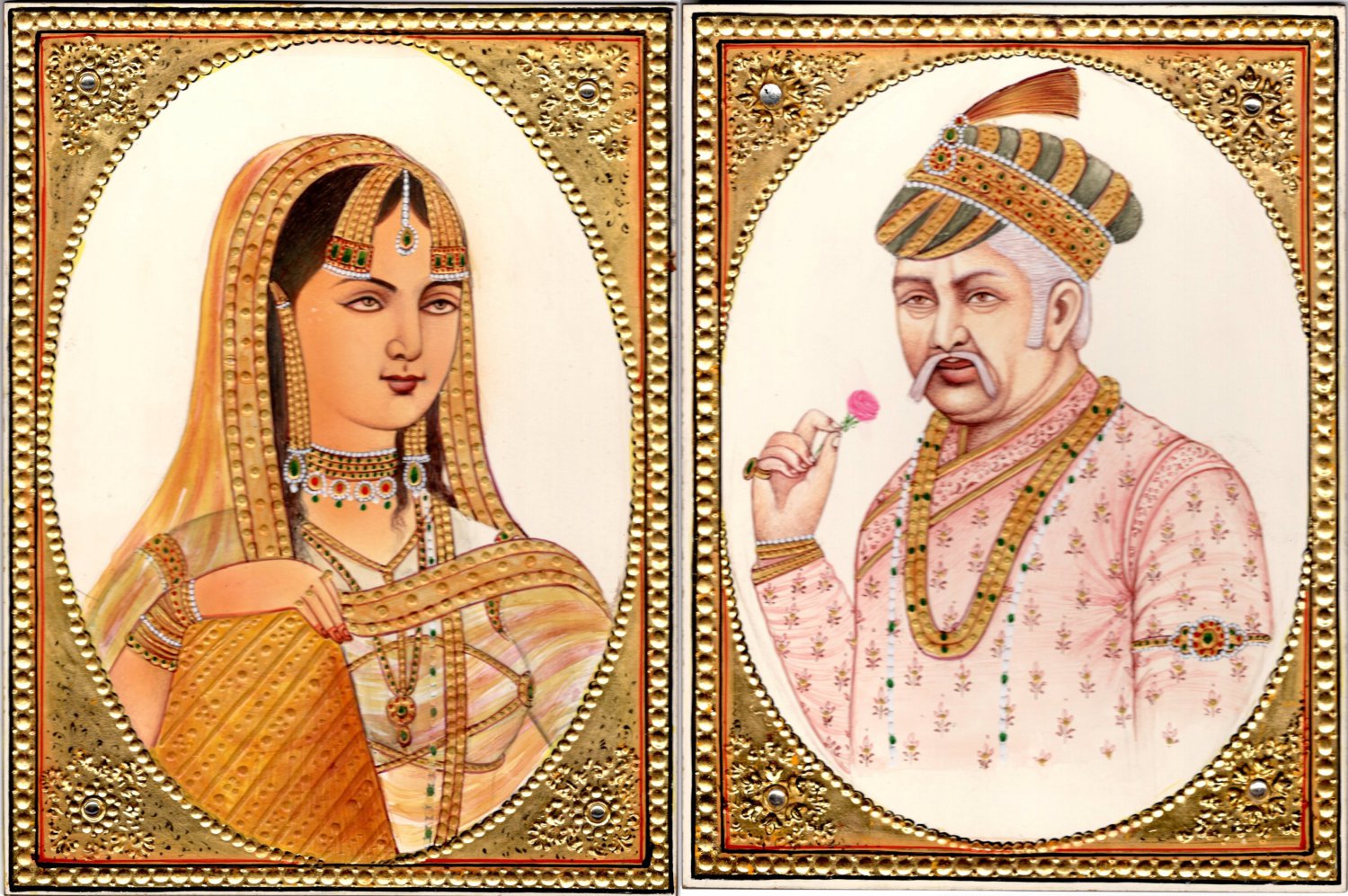As the resounding names of the Mughal Empire go on the list, the third Mughal emperor, Emperor Akbar stands at the closing stone of the Indian subcontinent’s cultural and political history whose reign shaped the fabric of India’s cultural and political landscape. Having the date of birth 15th October 1542 as Jalaluddin Mohammed Akbar, he became a ruler at the turning point of Mughal History upon his father, Emperor Humayun, and his mother, Mahrukh, were killed on the battlefield. While the kingdom he inherited was in total disarray at the age of thirteen, Akbar’s maturity of mind defied all the odds — his skill in military manoeuver and diplomacy was unprecedented, which saw the expansion of his domain and his reign over the last four decades.
The strategies and governance of Akbar produced a period in which administrative reforms and religious tolerance were some of the fundamental principles of his approach, which was symbolized by his institution of Dîn-i Alahî, a religion aimed at the commonality of all the religious groups. His reforms in the administration, including the Mansabdari system and decentralized revenue functions, constitute the foundation of a rational government and tax-paying system.
The military reign of Akbar was triumphant with his winning over some pagan tribes, subduing some territory and expanding into others like Gujarat, Bengal, and the Deccan. Although the military accomplishments are perhaps the most striking element of Akbar’s reign, they are not the only aspect of his legacy as they also included support, backing or artistic, literary, and architectural endeavors. He now has a court that serves as a cultural center for artistic and creative innovations, conversations, and exchanges among poets, intellectuals, and people from varying backgrounds.
Akbar’s first most important contribution was economic growth. Its second most contribution is the culture which is flourished and finally the dominant political progress of his time which is attained. He developed a policy of tolerance, fought successful military campaigns, and collected various artworks which remain a distinct trait to Mughal history till today. Through these innovative steps, His example of enlightened leadership stands out and endorses how the future of the nation relies so much on the visionary rulers.
